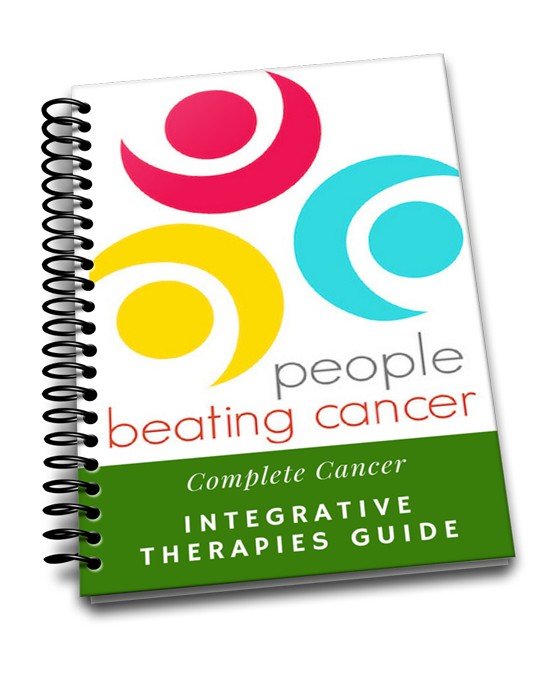The patient had stable disease with disappearance of the signs and symptoms of stage IV RCC, a full 9 years following diagnosis
Hi David-I have Renal Cell Carcinoma stage 4. I have need studying the ALA / LDN and I have decided to start this treatment soon.
For your info I have made a firm decision not to do any chemo.
Please advise what is the dosage and frequency of the ALA and LDN
Thanks and God Bless
Several things. I am sorry to read of your stage 4 RCC. There are several evidence-based, non-toxic therapies that are cytotoxic to RCC as well as evidence-based integrative therapies- therapies that enhance the efficacy of chemotherapies. My point is that taking an integrative therapy approach is a middle ground- not conventional nor alternative. Something to consider.

Regarding the research linked below- 1) the ALA/LDN therapy was administered at a clinic in New Mexico. The study refers to intravenous vitamin C therapy as well as some sort of general “healthy lifestyle program” The clinic administers the therapies with dosing. You should find a clinic with experience with administering ALA/LDN therapy. Lastly, the clinic used imaging equipment- CT, PET, etc. Also important for tracking your progress.
My point is that there are many reasons to go to a clinic with experience administering ALA/LDN therapy.
Let me know if you have other questions.
Hang in there,
David Emerson
- Cancer Survivor
- Cancer Coach
- Director PeopleBeatingCancer
Recommended Reading:
“In this case report, we describe the treatment of a 64-year-old male patient diagnosed with metastatic renal cell carcinoma (RCC) in June of 2008. In spite of a left nephrectomy and the standard oncological protocols, the patient developed a solitary left lung metastasis that continued to grow. He was informed that given his diagnosis and poor response to conventional therapy, any further treatment would, at best, be palliative.
The patient arrived at the Integrative Medical Center of New Mexico in August of 2010. He was in very poor health, weak, and cachectic. An integrative program—developed by one of the authors using intravenous (IV) α-lipoic acid, IV vitamin C, low-dose naltrexone, and hydroxycitrate, and a healthy life style program—was initiated.
From August 2010 to August 2015, the patient’s RCC with left lung metastasis was followed closely using computed tomography and positron emission tomography/computed tomography imaging. His most recent positron emission tomography scan demonstrated no residual increased glucose uptake in his left lung.
After only a few treatments of IV α-lipoic acid and IV vitamin C, his symptoms began to improve, and the patient regained his baseline weight. His energy and outlook improved, and he returned to work. The patient had stable disease with disappearance of the signs and symptoms of stage IV RCC, a full 9 years following diagnosis, with a gentle integrative program, which is essentially free of side effects. As of November 2017 the patient feels well and is working at his full-time job.”



